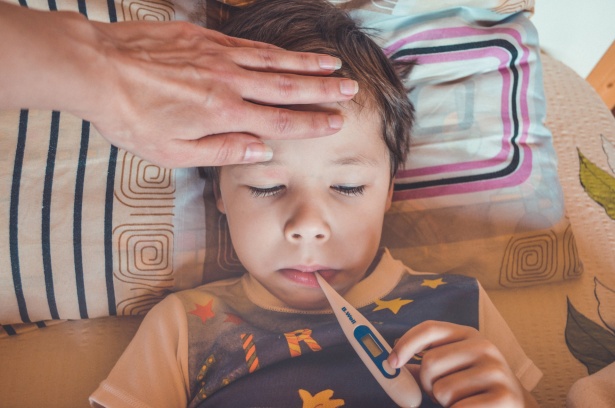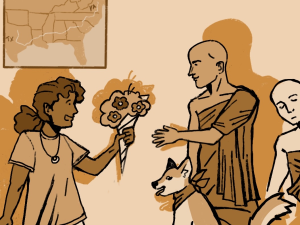Respiratory syncytial virus spreads across children in America
November 12, 2022
Winter is coming – and so is a contiguous virus. The Respiratory Syncytial Virus is spreading nationwide and children and elderly are the most at risk.
The Centers for Disease Control and Prevention noticed increases in RSV-associated emergency department visits and hospitalization in Washington, D.C, Baltimore, Florida and Connecticut.
Dr. Shelley Collins, a pediatrician and professor of pediatrics at the University of Florida College of Medicine, reported a noticeable rise in respiratory diseases such as rhinovirus and enterovirus, even though other hospitals have not yet experienced an extreme uptick in cases.
“Historically, we lag a bit behind the Northeast in terms of numbers of patients with respiratory illnesses, including RSV,” Collins said. “But we are anticipating increased numbers for sure, just like they’re seeing [up north].”
RSV is a human virus but isn’t related to other human viruses as it’s an orthopeneunmovirus, meaning it is closely related to respiratory infections stemming from rodents and cows. It is common and mild, but can lead to more severe diseases such as bronchiolitis and pneumonia, prevalent in young children and elderly.
The virus can be highly contagious in young children and elderly also due to their weaker immune systems, contributing to approximately 58,000 hospitalizations for children under five and 177,000 annual hospitalizations for adults 65 and older. The virus typically causes an annual 500 deaths in children under five and 14,0000 deaths for adults 65 and older. Health officials are blaming the COVID-19 lockdown for the uptick as children and elderly were shielded from common infections, which worked to be counterproductive.
“This year, parents are sending their children to daycare and school for the first time following two years of the pandemic,” said Dr. Laura Romano at Cook Children’s hospital in Fort Worth. “Children who haven’t been previously exposed to respiratory viruses are getting sick.”
RSV can be twice as contagious as influenza and can cause cold-like symptoms ranging from runny noses, a decrease in appetite, coughing, sneezing, fever and wheezing. Extreme circumstances include excessive sleeping and lethargy.
The CDC recommended covering coughs and sneezes, washing hands with soap and water for at least 20 seconds, avoiding close contact with others and cleaning frequently touched surfaces such as doorknobs.
There are currently no vaccines available for RSV but precautions are very similar to influenza and COVID-19. Getting the flu shot and a COVID-19 booster shot is highly recommended. These precautions won’t prevent the infection, but it could spare more aggressive symptoms.
Experts are also very concerned at the possibility of a “Tripledemic” – COVID-19, the flu and RSV.
“We are seeing kids with multiple viruses already,” said Collins. “Sometimes it’s a combination of flu and RSV, and sometimes it’s a combination of RSV and other common viruses that are out in the community … which can tend to make the patients a little bit sicker.”
Vaccines are being prepared for clinical trials and Pfizer, the multinational pharmaceutical corporation, is developing an antiviral drug.
“We are not powerless against RSV,” White House COVID-19 Response Coordinator Ashish Jha said.
Staying alert and following safety guidelines will be the key to staying healthy throughout the winter.







